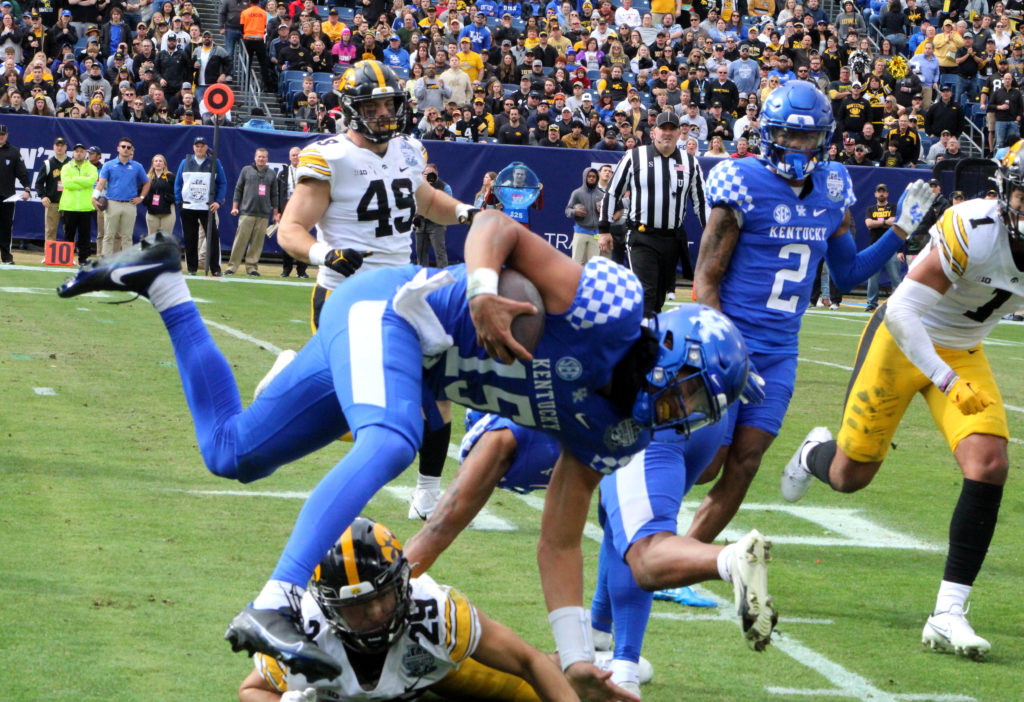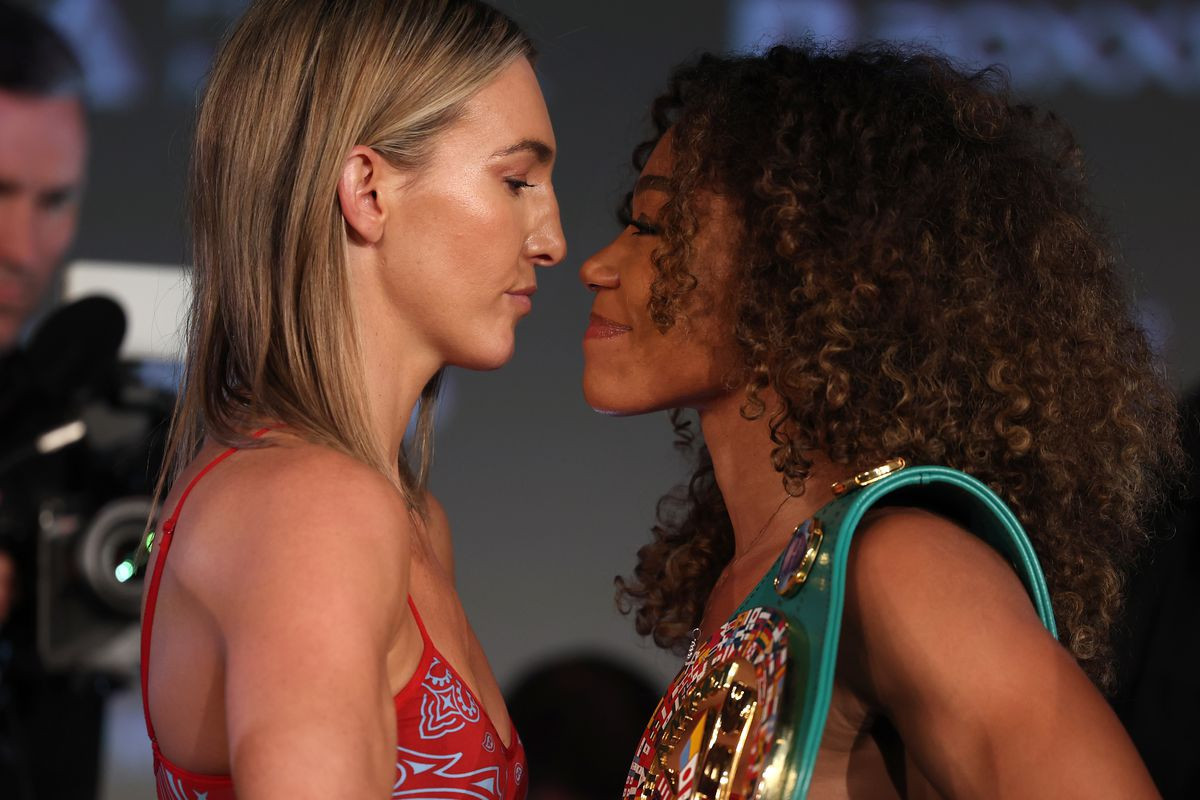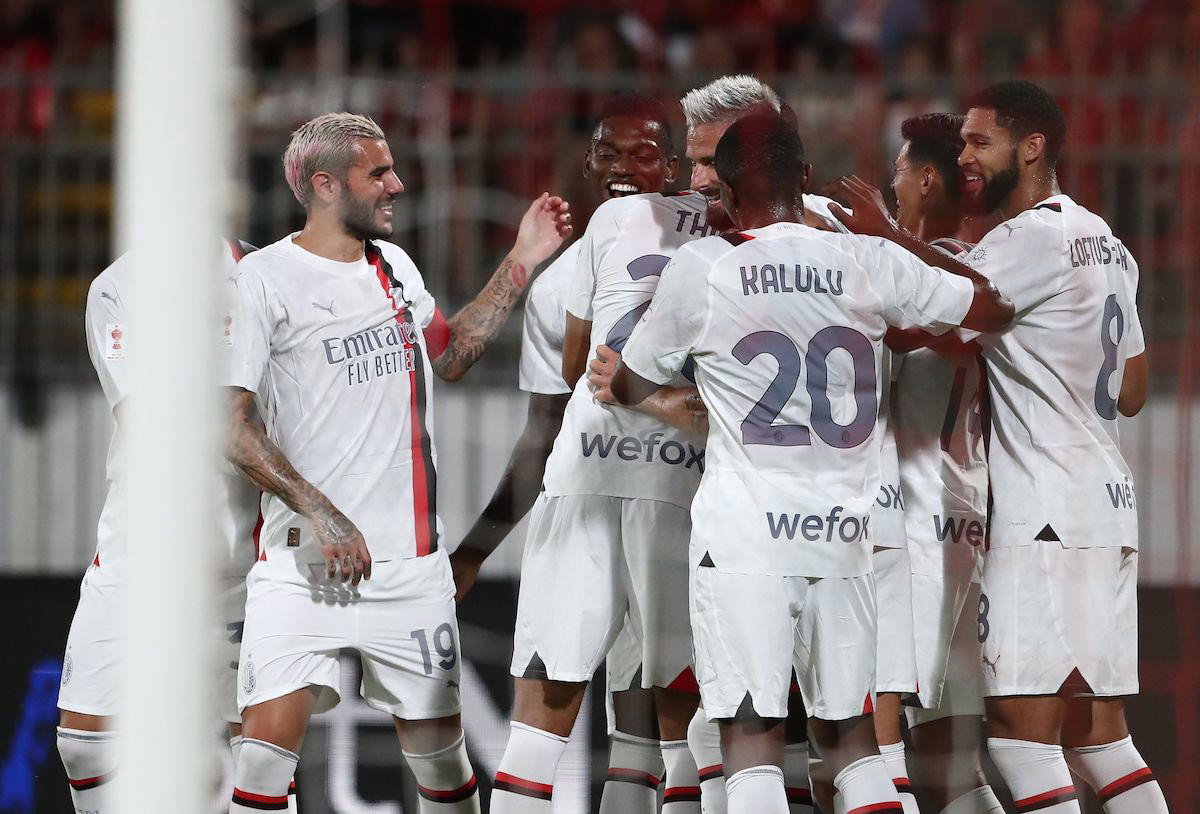Music City Bowl 2024: A Heartbreaking Finish for the Iowa Hawkeyes
The 2024 Music City Bowl witnessed a thrilling showdown between the Iowa Hawkeyes and the Missouri Tigers, culminating in a narrow 27-24 victory for Missouri. The game was a rollercoaster of momentum shifts, punctuated by outstanding individual performances and controversial officiating calls.
A High-Scoring Affair Defined by Key Moments
The game opened with a spectacular kickoff return touchdown by Iowa's Kaden Wetjen, who took the ball 100 yards for an electrifying score. This set the tone for a high-octane first half, with both teams trading blows and demonstrating impressive offensive firepower. Iowa's offense, led by quarterback Brendan Sullivan, consistently moved the chains, showcasing a balanced attack that included both successful passing plays and powerful running plays. Iowa's running attack accumulated 166 yards on the ground, a testament to the team's ability to overcome the absence of star running back Kaleb Johnson. Even without Johnson, Kamari Moulton and Jaziun Patterson stepped up, showcasing their talent and determination.
Iowa's early dominance
Iowa established an early lead, capitalizing on their explosive kickoff return and maintaining their offensive momentum. Quarterback Brendan Sullivan showcased efficiency and composure, completing 11 of 13 passes for 105 yards and a touchdown, his touchdown pass was a short underhanded throw to Terrell Washington Jr. Washington Jr.'s impressive catch in the endzone secured his first career touchdown. Sullivan also added another dimension to the Hawkeye's offensive scheme through his ability to run the football effectively, adding a different dynamic to their run game. This multifaceted performance from Sullivan provided a significant advantage for the Hawkeyes during the early stages of the game.
Missouri's response was equally impressive, with quarterback Brady Cook demonstrating his skills as a dual-threat playmaker. Cook's ability to both pass and run kept the Iowa defense constantly on their toes. His 287 passing yards and two touchdowns highlighted his effectiveness, while he also chipped in with 54 rushing yards. Missouri's receiving corps were crucial to their efforts as Theo Wease and Marquis Johnson provided reliable targets for Cook's passes. The impact of both players was evident from the outset, as they proved to be key contributors to Missouri's offensive output.
The Turning Point: A Fourth-Quarter Collapse
The final quarter proved to be a dramatic turning point. Missouri’s kicker, Blake Craig, delivered two monumental field goals – one from 51 yards and another from 56 yards – both crucial field goals made under immense pressure. Craig’s heroics not only injected momentum into Missouri’s offensive scheme, but also changed the course of the game, creating a pivotal moment that eventually determined the final result. This stunning display of field goal accuracy under immense pressure became a defining moment of the game and demonstrated the importance of special teams in determining the final outcome. The two field goals proved to be the difference as Iowa's attempts to regain control and tie the game fell short. The Hawkeyes' passing attack, initially performing effectively, showed signs of faltering, and a critical dropped pass by Jacob Gill led to an Iowa punt, giving Missouri the opportunity to secure their victory. This fourth-quarter collapse exposed some of Iowa's vulnerabilities, ultimately leading to their defeat.
Crucial missed opportunities for Iowa
The final minutes of the fourth quarter witnessed a series of crucial missed opportunities for the Iowa Hawkeyes. A failed rushing attempt on fourth down by Brendan Sullivan effectively sealed Iowa's fate. This sequence of events left the Hawkeye fans feeling disappointed and underscored the fine margins that can decide the outcome of a football game. The loss adds another chapter to Iowa's recent struggles against ranked opponents, extending their losing streak against ranked teams to nine consecutive games.
Missouri's offensive dominance in the second half
Missouri's offensive strategy in the second half of the game involved the effective use of short and medium passes to keep the Iowa defense on their heels. This approach paid off handsomely as they consistently moved the ball downfield, eventually scoring touchdowns and setting up field goals. The Missouri Tigers were able to effectively exploit the Hawkeyes' secondary, a strategic move that proved crucial to their victory. Missouri's success highlighted the impact of careful game planning and effective execution against an opponent that, despite possessing a strong defensive unit, was unable to consistently counter the Tigers' versatile offensive attack. In contrast, Iowa's offense lost some of its earlier spark, and they failed to capitalize on several key opportunities.
The Final Whistle: Reflections on the Game
The Music City Bowl served as a dramatic reminder of the unpredictable nature of college football. Iowa’s impressive performance in the first three quarters was ultimately overshadowed by Missouri’s strong comeback and decisive final quarter. The game highlighted the importance of special teams, timely offensive plays and the resilience required to win big games. While Iowa showed glimpses of their potential, their inability to close the game proved costly, leading to a disappointing end to their season and a continuation of their recent struggles against nationally ranked opponents. Despite the defeat, Iowa showcased some impressive individual performances, including Wetjen’s incredible kickoff return and Sullivan's effective leadership. The Hawkeyes showed fight and determination, but ultimately fell short in a game decided by inches. The loss leaves Iowa with an 8-5 record for the season, a record that does not reflect the team's true potential. The team and its dedicated fans have much to reflect upon as they look towards the future. The 2024 season serves as a valuable lesson as they look to improve and build on the foundations laid this season.

















